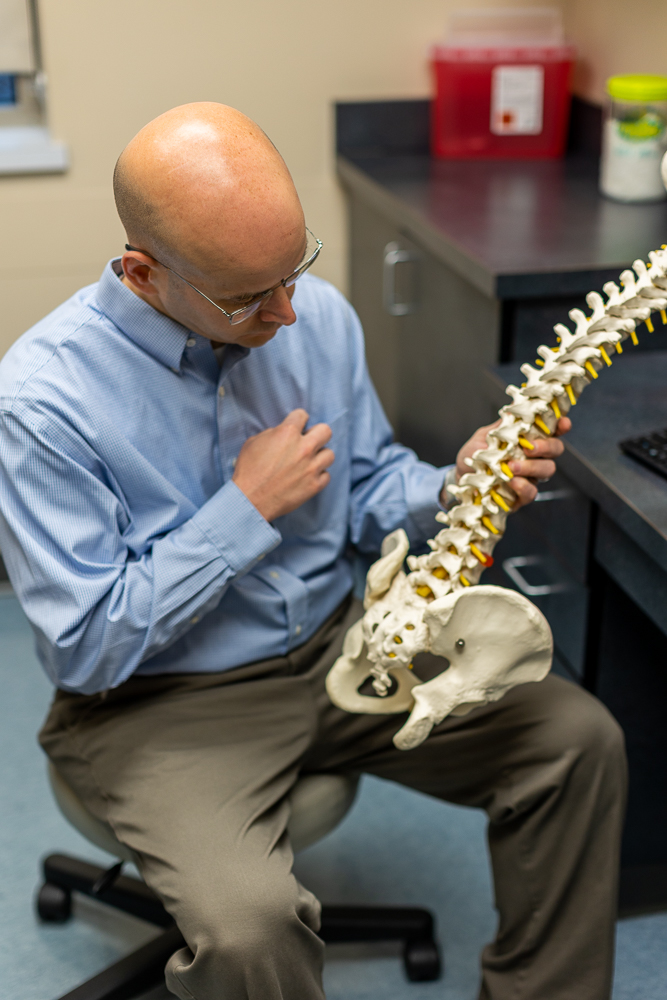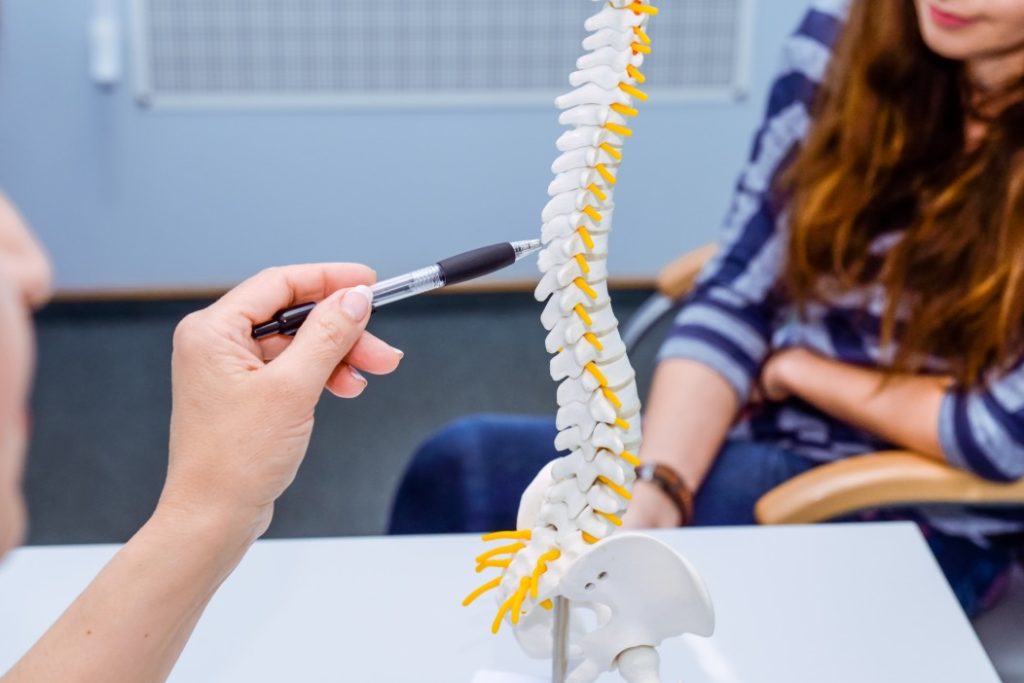
The shoulder is a ball-and-socket joint with a very shallow socket, allowing greater mobility than most other joints in the body. It relies on the constraints of soft tissues to keep it supported and stable, which makes it more susceptible to instability and possible dislocation.
Dr. Scott Ellsworth, orthopedic surgeon and a specialist in shoulder and elbow conditions, explains that shoulder instability often is the result of an injury that causes shoulder dislocation or damage to the labrum or rotator cuff. This may lead to recurring instability afterward. Other patients may simply have looser ligaments in the shoulder joint that make it prone to instability.
Watch the following video to hear more from Dr. Ellsworth about shoulder instability, its common causes and how it is treated:
For more information about our orthopedic surgeons, visit our physicians page. For appointments, please call 913-319-7600.
About Dickson-Diveley Orthopaedics
Since 1923, Dickson-Diveley Orthopaedics has provided high-quality orthopedic care. Our patient care team includes board-certified, fellowship-trained orthopedic surgeons and physiatrists, as well as physician assistants, nurse practitioners, durable medical equipment specialists and more. With two convenient locations in Leawood and Kansas City, Dickson-Diveley Orthopaedics offers surgical and non-surgical treatment options across all subspecialties of orthopedic medicine.
***
The medical information contained in the Dickson-Diveley Orthopaedics website is provided to increase your knowledge and understanding of orthopedic conditions. This information should not be interpreted as a recommendation for a specific medical or surgical treatment plan. As each patient may have specific symptoms or associated problems, the treatment regimen for a specific patient may not be the proper treatment for another.
Gaining knowledge and understanding of a particular problem or condition is the first step in any medical treatment plan. We believe the information presented on our website will be helpful for those individuals experiencing hand and wrist diseases, injuries, or other related problems. However, this information is not intended to replace the advice of your family physician. You are encouraged to consult with your physician to discuss any course of treatment presented or suggested.


